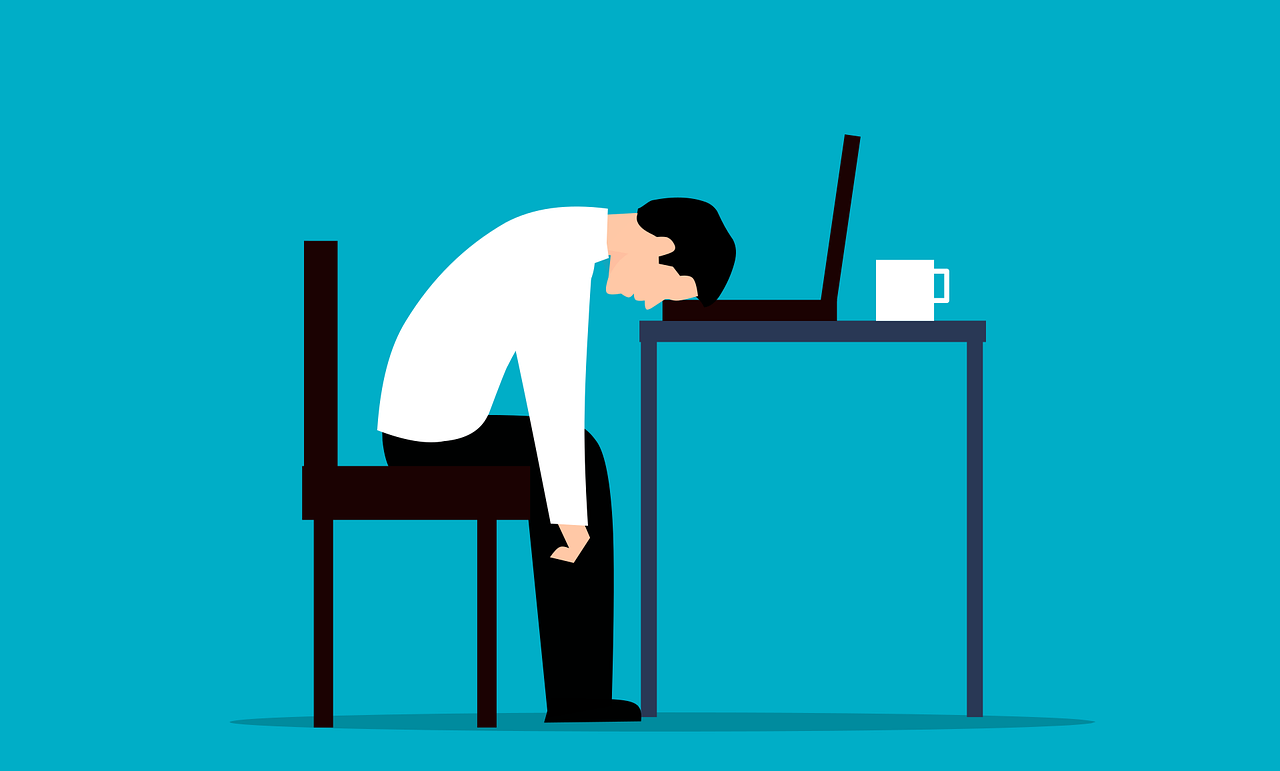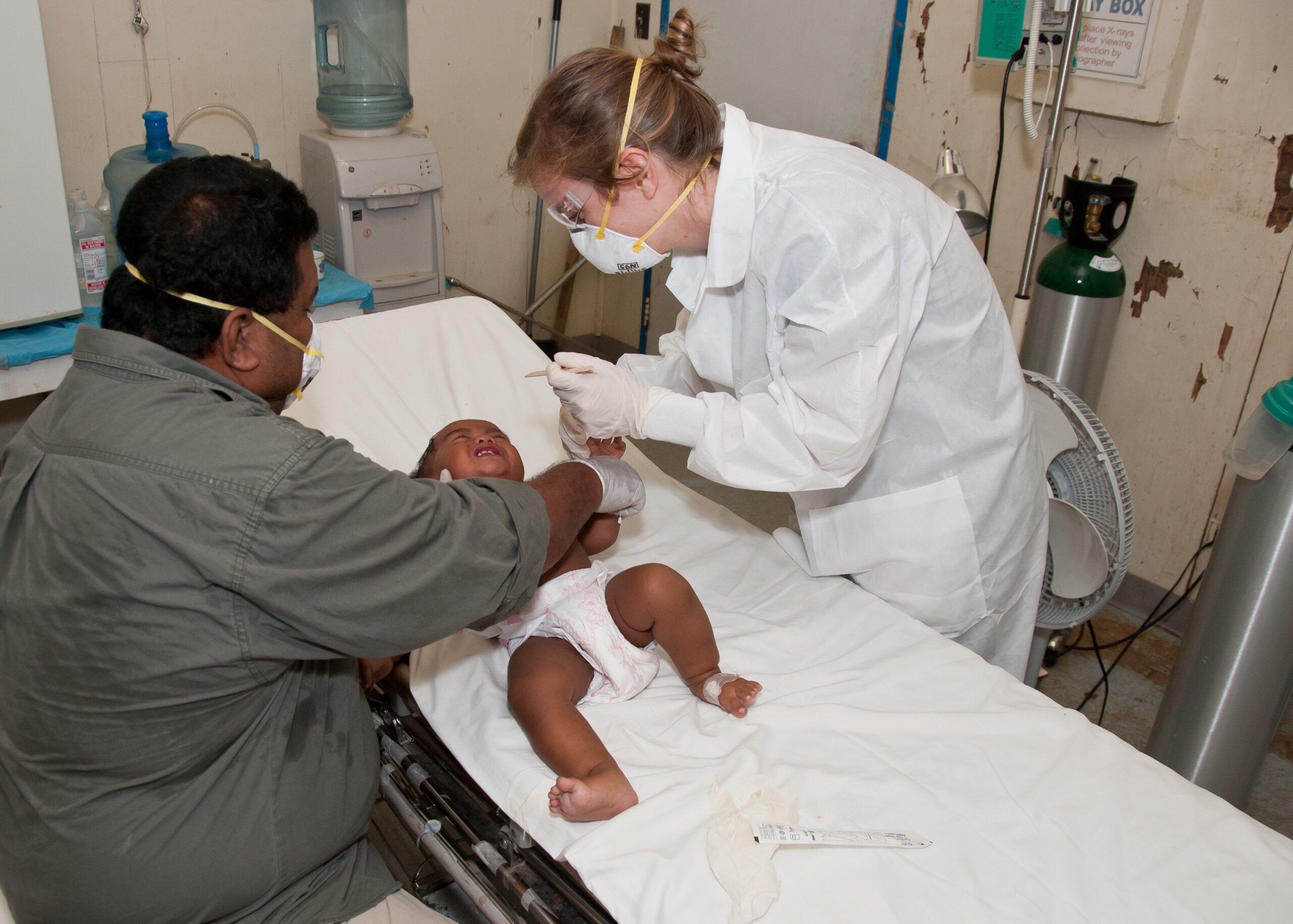The transformation of students from school to college life gets them through insane changes. They are out of the secure shell their parents built for them for almost two decades. The transition is thrilling since it is their first time living away from home. The change is free since they become independent and take up multiple roles and responsibilities for their actions. The transition is adaptive as they try to adjust to a new environment. The change turns scary when they realize how distant they are from their family and friends, so it is natural for them to feel unhappy when they do not know how to manage stress and anxiety in college.
College life bashes them with high tides and low waves daily, with only them as the sole sailor. Students face real-life problems: managing time for multiple things, maintaining a work-study-life balance, finding and following their likes and passion, learning and implementing skills, cooking to survive, cleaning, and so on. Scoring good grades on tests is not the only stress in life now, but indeed a reason to miss school.
As a student amidst all these, if you have little panic attacks and anxiety, worry less; it is one of the welcome drinks for adulting. Though there is no one reason for you to have feelings of depression, read further to the section if you know your enemy number 1.
Broken Friendships?
Leena was your good friend. You were always seen together—classmates, bench mates, Chilling on the campus, enjoying meals, and watching movies. Slowly, you saw Leena slip away. Whether conflicting views or misunderstandings develop over time, bonds do break in college. You meet various people, and only some grow to be the same person. Accept the reality and keep the real ones. If you feel the friendship is intoxicated, do not stay back. If the connections go awry, you may experience significant stress and anxiety. Identifying if a relationship is making you feel supported or more stressed out is essential.
Low Grades?
There is a lot of pressure on academic success, which can severely impact mental health. This pressure can originate from the need to maintain particular grades to keep a scholarship and the desire not to disappoint parents or personal expectations. Arrange group study sessions for collaborative learning. Do not pull all-nighters and mug the syllabus a day before the exam. College calls for actual learning, enlightenment, and applying the knowledge you have gained.
Empty Funds?
Many students work while attending school to cover the hefty tuition and housing costs. Unfortunately, most part-time employment pays merely the minimum wage. If you’re having financial difficulties, check with your financial aid office to learn whether you qualify for grants, loans, or work-study. If you’re struggling to track your daily expenses & pocket money, avoid unnecessary spending on items to show off. Also, try to minimize UPI transactions. Use cash wherever possible so that you can see money slipping through your fingers. It’s all a trapped leeway- enter the pin, and the money is debited.
Missing Family?
The food is pathetic, and you have nobody to bring you medicine when you fall sick. You talk to your family daily, but you miss the touch of your mother’s hands and the taste of home-cooked meals. You may feel alone, especially in a new city or state, and living away from home for the first time. Some students are inherently timid and may struggle to make friends. Many are not used to sharing a room with somebody other than their sibling. Find friends and build a home. As much as you feel alone, your mates have similar homesickness. Travel back home whenever you get time. Don’t let the distance be the reason for miscommunication.
Booze?
Does Saturday night call for a house party? Watch your glasses at campus parties, as many college students are introduced to alcohol. However, many of them do more than drink. They binge drink. College students may drink or use drugs for various reasons, including the desire to feel good and to fit in due to peer pressure. This “self-medication” may relieve immediate symptoms but will likely alleviate the conditions in the long run. Avoid abusing drugs for momentary pleasures.
Worried – what next?
It’s natural for students about to finish college to start thinking about what’s next, but it can also be stressful and frightening. Postgraduation stress disorder can leave you emotionally and mentally exhausted when deciding on the next chapter of your life. It can be scary to consider leaving behind your college life and taking your first steps into the real world. It is critical to deal with stress through proper career guidance to develop coping mechanisms before symptoms worsen.
Here is a checklist of things you must do in college to avoid negative feelings.
- Get proper rest and sleep
- Focus on health and nutrition
- Be active
- Have a stress outlet- pursue a hobby
- Find connections- do not isolate
- Practice self-care- prioritize self-care and meditate.
- Manage time effectively
- Stay organized.
- Practice positive thinking
- Don’t be afraid to seek help; seek professional help if needed.
There’s no escaping college stress when you’re a student. However, managing stress before it gets out of hand is still possible.



